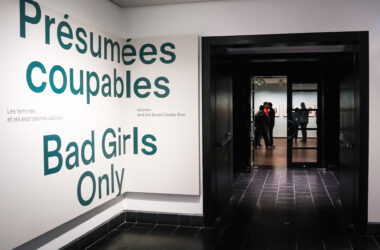Andre Aciman’s new novel, Find Me, seems conscious of the burden of being a sequel to two works: It follows Aciman’s wildly popular Call Me by Your Name published in 2007, as well as Luca Guadagnino’s 2017 film adaptation. With the exception of choice passages and lines, Aciman resists allaying fans’ desire for a third immersion into the familiar dreamscape of the languorous, unhurried longing of two men during a summer without consequence.
The two protagonists remain the same. Elio, a melancholic and precocious adolescent has become, in the past decade, a classical pianist living in Paris. Oliver, the elegantly rugged philosophy student whom Elio fell in love with in the first novel is now a professor of the pre-Socratics in Manhattan.
The sequel does not get to either of them until the halfway mark. Elio’s father, Samuel, a secondary but warm and insightful character in the original, directs Aciman’s streaming prose for the first hundred pages. We enter his thoughts as he engages in a dance of seduction by wits with a younger woman. These two lovers are sometimes frustratingly, unbelievably articulate in their introspective powers.
In Samuel’s courtship, there is little of the hesitant tension of the first novel. Reading Aciman, the everyday becomes a feast of sensual motion—the handling of a fresh fish, a momentary graze of the arm, even kisses which clumsily miss their marks. Tenderness is an inevitability in spontaneous, everyday interactions. The fog of rapturous adolescent lust in Call Me by Your Name has aged into a meditation on love, language, and time. Find Me sacrifices such youthful romance for a slower, more controlled passion.
Elio and Oliver each get their own parts of the novel. Elio, meets an older lawyer, Michel, at a concert. They tumble into an awkward romance which oscillates between a country estate and a darkened bistro in a loop of careful conversation and extravagant passion. Oliver, hosting a party in his apartment on the Upper West Side, dreams of being in bed with two of his guests. He hardly knows either of them but both feel more passionate and perceptive than his wife. In reality, he is drawn to the shimmering suggestion of Elio in each of them.
Call Me by Your Name is a memory, recalled in the past tense by Elio. Find Me has the rushing immediacy of the present unfolding, yet Aciman’s prose retains this hazy quality. Perhaps, because his style here is more spare and abstract, demonstrating a departure from the film’s and first novel’s textured richness, where the environments were as enchanting as the seduction itself.
“We all have many lives, one tucked beneath or right alongside the other,” one character remarks. For Aciman’s speakers, these interior lives are those remembered and imagined, coexisting in the imagination to render the present a prism which creates meaning only because it reflects the past, or what could have been. In his conclusion, Aciman presents an escape from this retrospection, yet it comes about only through a contradictory reclamation of what is in the past—or, rather, who.
“A paradox is never an answer, it’s just a fractured truth, a wisp of meaning without legs,” muses a character. Find Me is, with its speakers who seek novel love and find only the shadows of old romance, exactly this sort of delightfully incomplete paradox.








